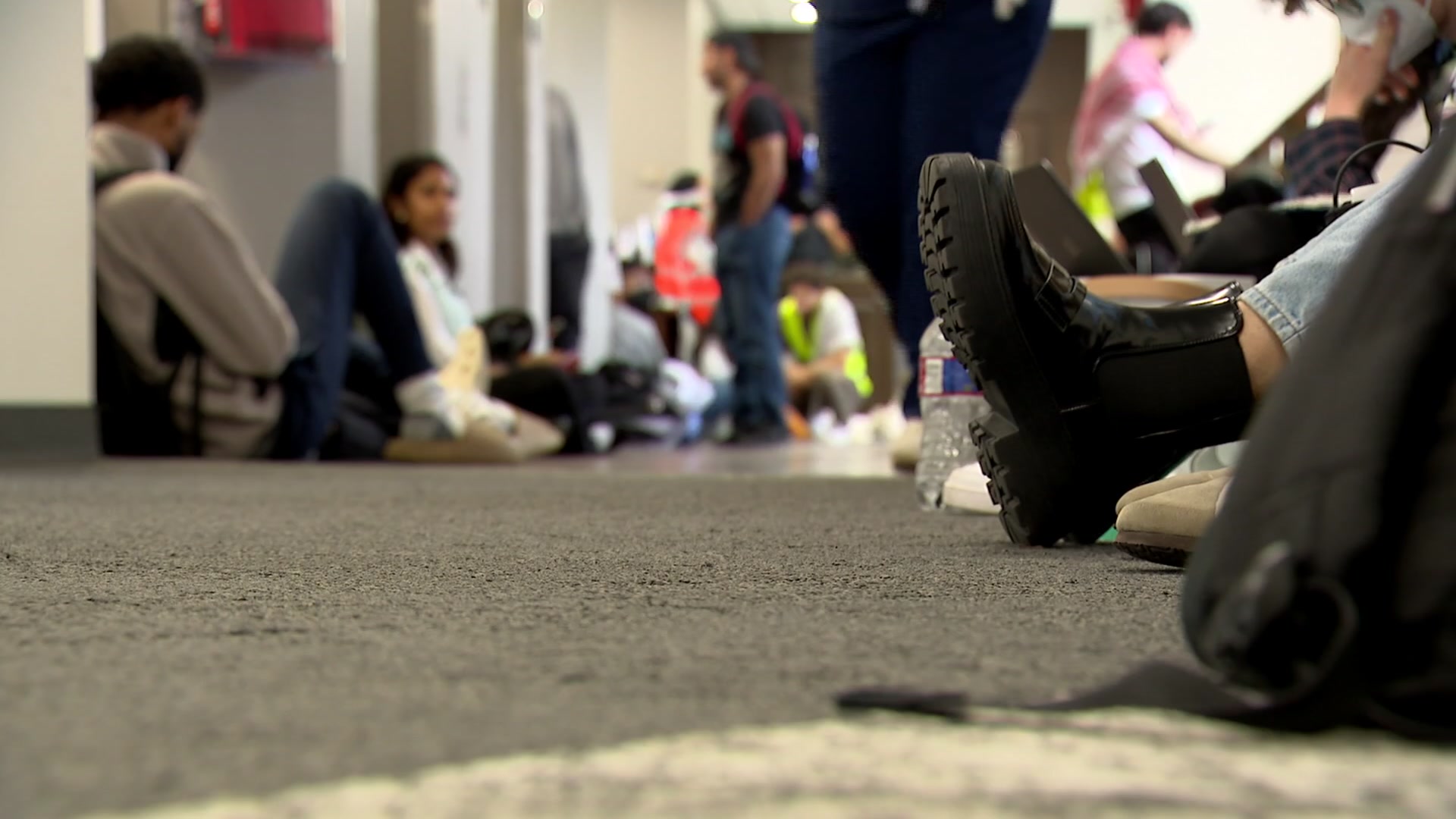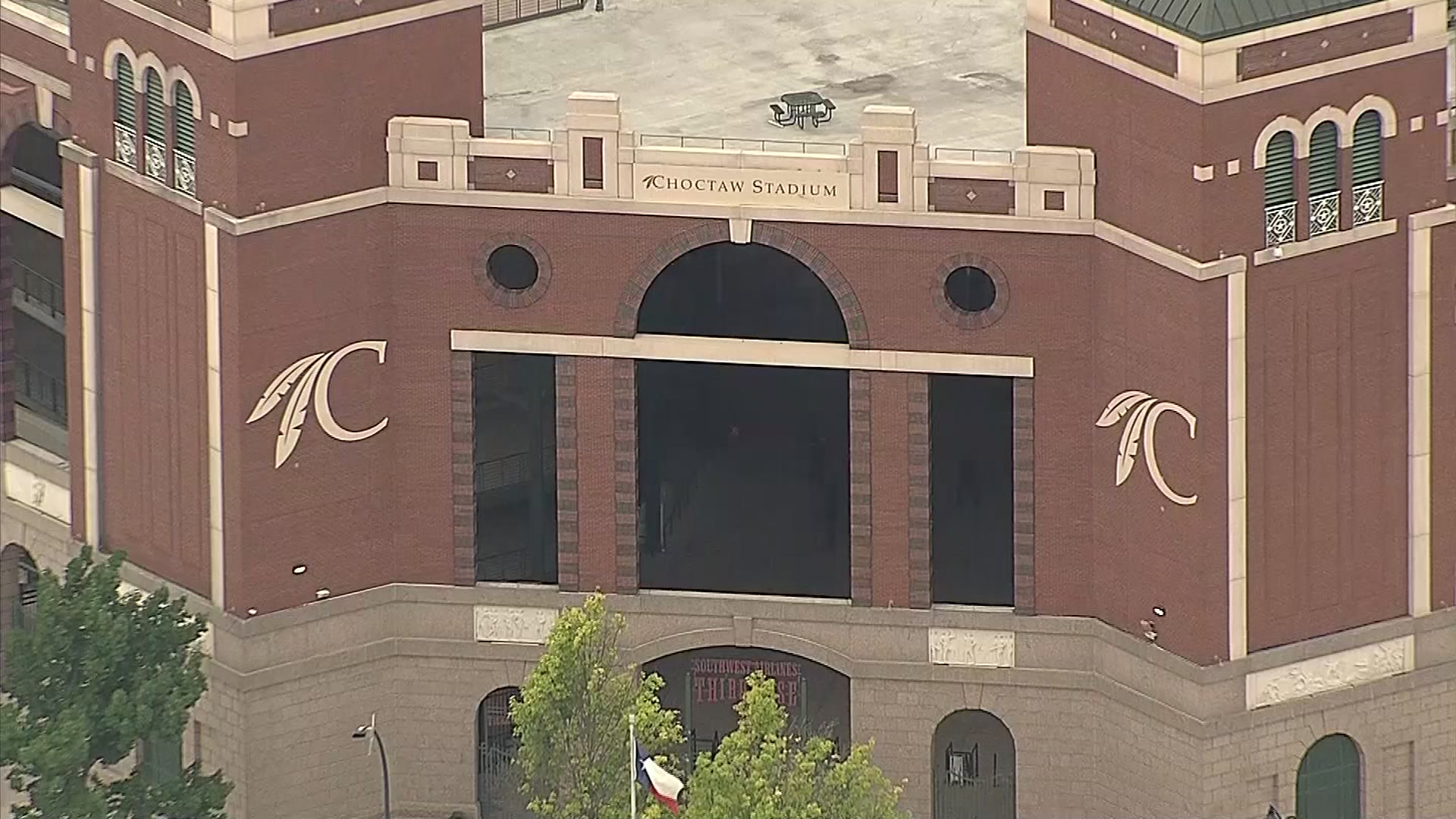New figures on the full cost to taxpayers of the Dallas Police and Fire Pension solution also leave room for an $800 million public improvement borrowing plan, according to city officials.
But police leaders are now concerned about talk of reducing police station security money in the proposed bond referendum that would go before voters in November.
"Some of that has actually been cut in favor of building new items, which I think is reprehensible," said Dallas City Councilman Mark Clayton.
The security improvements were first promised after a 2015 attack on police headquarters by a man in an armored van. The deaths of five police officers in a Downtown Dallas ambush last year increased pressure for better protection.
Additional incidents this year include a suspect intercepted at the Southwest Substation in April and bullets fired at the South Central Substation. Police have posted manned squad cars at station entrances since other improvements have yet to be made.
"It's a different world we live in and we have to adjust to that world, and it's time we protect the police stations," said Sgt. Michael Mata, president of the Dallas Police Association. "We need the city to do their part. We did our part in helping to fix this pension issue."
Mata said three-quarters of the solution came from increased employee contributions and benefit cuts in the bill, which has now been approved by both the Texas House and Senate.
Local
The latest news from around North Texas.
From taxpayers the annual contribution to the pension in the city budget will increase for the next seven years from $124.93 million to $163.06 a year – $38.13 million more each year.
Projected City Payments (in millions of dollars) for police/fire pension:
| Year | Old Plan | New Plan | Increase |
|---|---|---|---|
| 2018 | $111.11 | $151.94 | $40.83 |
| 2019 | $116.91 | $157.85 | $40.94 |
| 2020 | $120.88 | $161.83 | $40.95 |
| 2021 | $124.54 | $165.93 | $41.39 |
| 2022 | $128.82 | $170.12 | $41.30 |
| 2023 | $133.70 | $164.11 | $30.41 |
| 2024 | $138.58 | $169.63 | $31.05 |
"I think the cloud had been lifted," Clayton said. "Dallas is a great city and this bond program is going to fix things that need to be fixed."
Clayton's East Dallas district has the worst streets in the city, according to city ratings. He supported a May referendum, which was delayed by the City Council in January until after the Police and Fire Pension crisis was settled.
"Every group is going to say open the check book to us. And no need is not valuable, but there's needs and there's wants. We need to fix things that we already have," Clayton said.
The pension fund would have gone broke within 10 years under the old funding formula after years of generous benefits, insufficient investment returns and deception about the problems by previous pension managers. The fears of pension failure produced a surge in withdrawals from pension savings accounts and record police retirement and resignation. Current police manpower is the lowest in years.
Mata said including money to properly secure Dallas police facilities after years of promises is a crucial step to restoring trust with city officials after the bitter pension fight.
"Officers aren't leaving just because of pay. We have a serious morale issue here," he said.
Officials believe the city can afford both the added pension expense and the cost of debt for an $800 million bond referendum without a property tax increase.



